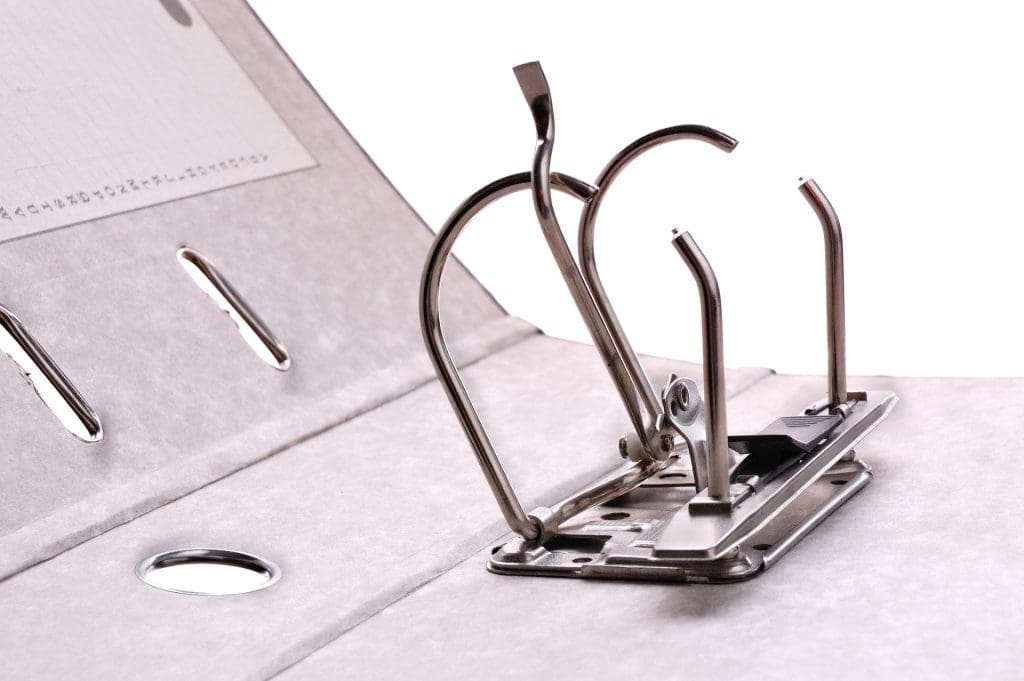How to prepare an in case of death folder
In case of death
As a financial adviser, I have seen first-hand the chaos that can ensue when a loved one passes away suddenly without any preparation in place. As an expat, it is not uncommon to have important documents spread across multiple locations, which can create a massive headache for survivors who are already grieving. That’s why I always recommend creating an “in case of death” folder, a single file (digital or physical) where you keep all of your important personal and financial information together.

An “in case of death” folder can significantly reduce stress during a time of loss. Survivors won’t have to laboriously piece together the deceased’s financial affairs, and they will know how bills should be paid and where assets are located.
Furthermore, leaving behind a mess can delay inheritors’ access to funds as they try to obtain probate, which can lead to legal fees and unclaimed assets.
Creating an “in case of death” folder can be done digitally or physically, depending on personal preference. Some people prefer to keep original copies of documents such as birth and marriage certificates in a physical folder, while others opt for an encrypted electronic file that survivors can access in the event of death.
So, what should be in an “in case of death” folder? Here’s a checklist:
- Birth, marriage, and divorce certificates
- Life insurance policy documents and beneficiary nomination forms
- Personal and employer pension documents
- Bank account details, login information, and safe deposit box information
- Asset details, including property, land, and cemetery deeds, investment and brokerage account details, and partnership and corporate operating/ownership agreements
- Liability details, including mortgage information and proof of debts owed
- Income sources and expenses, including a listing of all sources of income and monthly expenses
- Essential documents such as wills, trusts, burial/cremation wishes, and power of attorney
- Contact details for financial advisers, lawyers/solicitors, accountants, insurance brokers, and medical professionals
- Email and social media account details
It’s also essential to review the “in case of death” folder regularly and keep it up to date. Reviewing it annually should be sufficient but note the date of the last review so that anyone using it knows how up-to-date the details are.
Lastly, be sure to tell someone about your “in case of death” folder. It’s pointless to create one if no one knows of its existence or where to find it. As a responsible parent, spouse, son, or daughter, creating an “in case of death” folder is one of the best things you can do to ease the burden on your loved ones during a difficult time.
Read our article: How does Polish Inheritance Tax Work?
